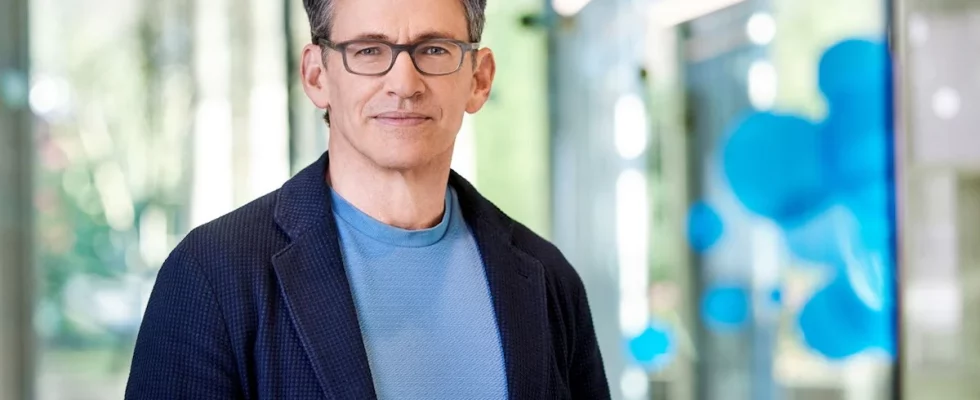It’s not that difficult for corporations to earn the wrath of their investors. The agricultural and pharmaceutical company Bayer succeeds in doing this again and again and permanently. The share price has still not recovered from the fallout from the takeover of glyphosate maker Monsanto and the lawsuits from people who blame their cancer on the pesticide. At the beginning of 2016, a few months before the then CEO Werner Baumann announced the purchase, which cost more than 60 billion dollars, the share cost a good 100 euros. The takeover was completed in the summer of 2018. There were periods of recovery. But the price trend is downwards. On Thursday the paper cost just under 27 euros.
“Virtual ducking doesn’t create trust,” criticizes a fund manager
Even the new CEO Bill Anderson was unable to stop the decline. Thursday’s annual general meeting was his first as CEO. He speaks German for a few minutes, then switches to his native English. The event will only take place virtually. Investors don’t like this. “They keep their distance from the shareholders instead of answering their questions directly on site,” says Janne Werning, fund manager at Union Investment: “Virtually ducking away doesn’t create trust.”
Many members of the board are new, especially Bill Anderson, who has been leading the group since the beginning of June. However, a good start looks different, criticizes fund manager Ingo Speich from Deka Investment, a subsidiary of Deka Bank: “We are once again looking at a lost year.” In his first year, Anderson was unable to build trust on the capital market. Under his leadership, the decline in the share price accelerated. The longer Speich talks, the more violent his criticism of CEO Anderson becomes: “The Bayer house is on fire and you, as the landlord, start cleaning up instead of putting out the fires.” Speich sees the legal risks as a source of fire; they are a toxic brew that is simmering away.
By this, Speich not only means the further complaints about Glpyhosate, “a bottomless pit”, but also additional burdens on PCBs, another Monsanto legacy problem. The abbreviation PCB stands for polychlorinated biphenyls. They are suspected of causing cancer and damaging the genetic material. They have been banned in many countries for years. PCB has been used as a plasticizer for paints, adhesives, sealants, plastics and much more. Speich refers to calculations from analyzes according to which more than a further 20 billion euros could be added to the 11.3 billion euros already paid, half each for glyphosate and half for PCBs. “There is a very high risk, especially with PCBs,” says Speich.
The legal disputes over glyphosate and PCBs in the USA are “undoubtedly putting a great strain on our business,” said CFO Wolfgang Nickl. In most cases, the products that are said to be the cause of the damage were not manufactured or disposed of by Monsanto, but by other companies. Monsanto has agreed extensive liability exemptions with former customers. According to Nickl, they agreed to exempt Monsanto from the costs of possible legal disputes in order to receive PCBs in the 1970s in return. “We are determined to enforce these contracts in order to recover the costs of the litigation,” said Nickl. A lawsuit has already been filed.
Voting on the agenda had not yet begun when this text was published.

